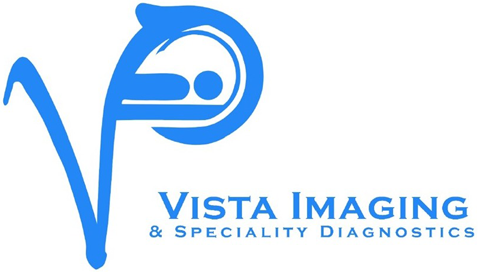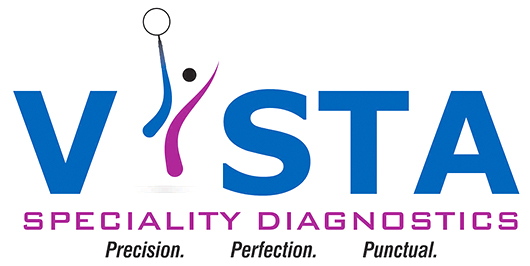Choosing the right health plan for senior citizens can be quite daunting. The healthcare system for seniors is a complex web, full of options and challenges. Picking the ideal plan not only affects your health but also your finances. In this guide, we will unravel the options available, making it easier for you to make informed decisions about your healthcare. Let’s dive into understanding various health plans for senior citizens and find the best route through this maze.
Understanding the Basics: The Varied Health Insurance Options
For senior citizens, several insurance plans are specifically designed to fit their needs. Among these, you’ll find Original Medicare, Medicare Advantage, and Medigap. Each has unique benefits and drawbacks. In 2025, there will be notable updates and prescription caps that could affect your choice. Knowing these basics equips you to choose the right health plan for senior citizens that meets your personal needs.
Decoding Original Medicare: What to Know
Original Medicare is divided into Part A and Part B. Part A usually covers hospital stays, while Part B handles doctor visits and outpatient care. These do not cover everything, leaving some coverage gaps. That’s where supplemental options, like Medigap, come in. It’s important to manage out-of-pocket expenses and understand how these costs might add up with Original Medicare as your health plan for senior citizens.
Creating Comprehensive Coverage: The Role of Medicare Advantage
Medicare Advantage is like bundling all your needs into one plan. It can include hospital, medical, and even extra perks like dental and vision. Keep in mind, however, that this option often depends on regional availability and has network implications. This could be a comprehensive health plan for senior citizens looking for something all-inclusive without separately adding extras.
Crucial Components: Prescription Coverage through Part D
Integrating Part D into your existing plan can take time. It covers prescription drugs and ensures you don’t face hefty costs alone. To prepare, think about how the 2025 drug caps will financially impact you. Avoid common mistakes with prescription management. Doing this combines health coverage and expense control for an effective health plan for senior citizens.
Comparing Costs and Coverage: Choosing Wisely
When picking a health plan, comparing the cost between Original Medicare and Medicare Advantage is critical. Look at all cost elements like premiums and co-pays. Knowing the importance of out-of-pocket caps will safeguard finances. Understanding long-term financial commitments can help you decide if your health plan will benefit you in the future.
Enhancing Plan Quality: Understanding Medicare Star Ratings
Medicare Star Ratings are more than just numbers; they influence your choices in health plans for senior citizens. These ratings combine quality metrics and patient satisfaction to paint a full picture. Updated Star Ratings help make informed decisions, offering insights into plan performance. By considering star ratings, you ensure your choice meets high standards and provides excellent care.
Filling the Gaps: The Importance of Medigap Policies
Medigap policies are designed to fill gaps left by Original Medicare. They offer a financial safety net by covering extra costs. However, Medigap and Medicare Advantage do not usually mesh well. It’s important to understand their limitations to avoid overlapping or unnecessary coverages as part of your ideal health plan for senior citizens.
Making the Right Pick: Factors Influencing Plan Choice
When choosing a health plan for senior citizens, weigh factors like personal care needs, budget, and provider preferences. Additionally, think about whether your preferred doctors are included in the plan. Don’t overlook geographical considerations, as they might influence your access to desired facilities.
Steps to an Educated Decision: A Patient’s Guide
Finding the right plan means gathering information and comparing options. Utilize resources like phone consultations and official online tools for assistance. Regularly reviewing your plan ensures it remains aligned with your current needs. This continuous assessment is key to maintaining a suitable health plan for senior citizens.
Avoiding Common Missteps in Health Plan Selection
To avoid common errors in selecting a health plan for senior citizens, be mindful of deadlines. Missing enrollment periods or overlooking coverage gaps can create big headaches. Guard against surprise out-of-pocket expenses and formulary issues. Annual review of your chosen plan details any changes that can affect you.
Conclusion: Empowerment Through Informed Choices
In summary, understanding the maze of health plans for senior citizens empowers informed choices. Staying proactive and aware of your options leads to better, personalized healthcare decisions. As open enrollment approaches, your newfound insights encourage you to pick a plan that secures your future well-being.


